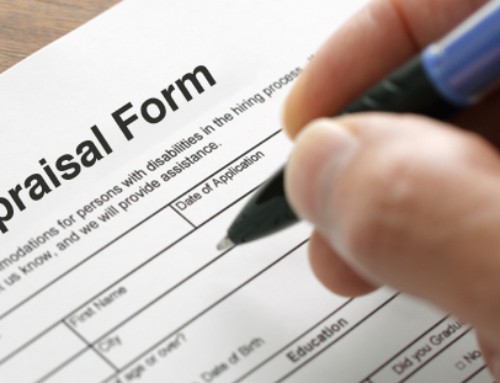Have you ever wondered what the value of your home is? Likely you’ve done a little research and gotten back more than you asked for. Navigating the world of home appraising and value can be tricky, and there are lots of different answers out there. We’ll break it down for you in quick, simple terms so that the next time you have questions, you’ll know some of the answers.
Market Value
This is one of the most commonly referred to types of value. If you get an appraisal, this is the type of value they refer to. Market value simply means how much the home is “worth” based on the home’s qualities and aspects (bedrooms, finished basement, location) and the current market – what the home could sell for if sold in the next one, two, or three months.
Investment Value
If the property is to be used as an investment, this value is how much the investment would be depending on the use of the property. Such as if the rooms were rented out for college occupants vs. business space like a thrift or craft shop.
Liquidation Value
The process of liquidation involves selling assets such as a home, car, or other high-value item for cash. In regards to home liquidation, this can mean selling as a “short sale” which motivates buyers to use cash by selling quickly and often for a lesser amount. Liquidation value, then, is the value you’d get if you don’t sell on an open market.
Insurable Value
Insurable value is how much the homeowner’s insurance would cover in the event that you needed to make a claim. This can either be to replace the full property or a portion of it. It is common that the insurable value and market values differ.
Value-In-Use
This amount is the value to the owner as long as they are in residence or the property is being utilized. The value can range from below to above market value.
Keep in mind, as you go through any process where your home’s value is being determined that there will always be a difference between price and value. The price does not always indicate the actual value of the property. Many sellers choose to go above the appraised value and thus may sit longer on the market. An appraisal is a good negotiation point as well as curated information to give you a better grasp of the house and surrounding neighborhood.
For more advice on obtaining an appraisal or other questions, please contact the Home Appraising Group today.




